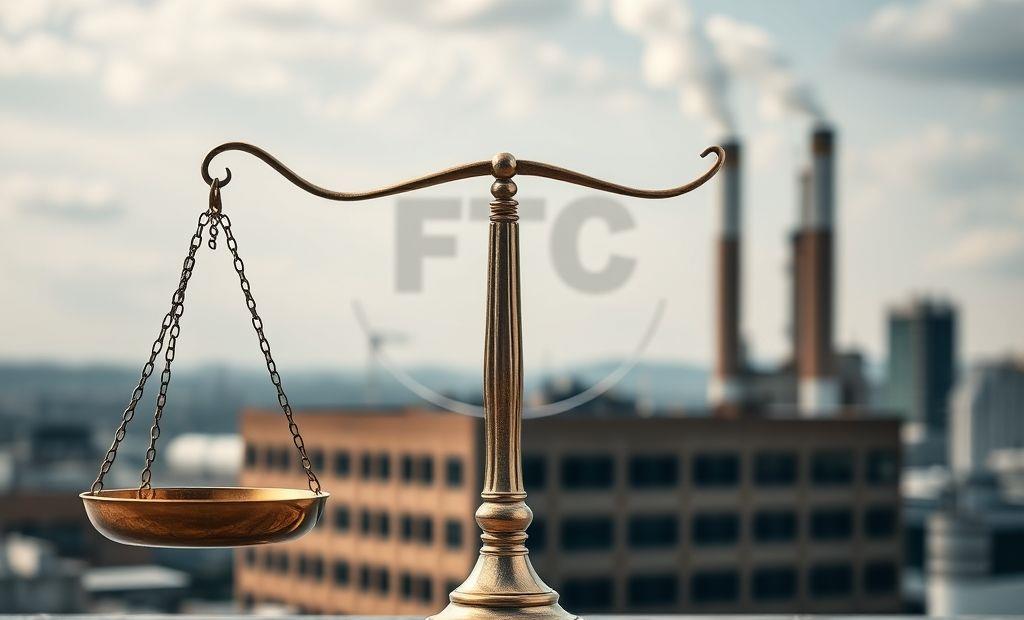Judge Alarmed by FTC’s Media Matters Probe

Judge Raises Concerns Over FTC’s Media Matters Investigation A recent statement from a judge has ignited debate, suggesting that the Federal Trade Commission’s (FTC) investigation...
⏱️ Estimated reading time: 2 min
Latest News
Judge Raises Concerns Over FTC’s Media Matters Investigation
A recent statement from a judge has ignited debate, suggesting that the Federal Trade Commission’s (FTC) investigation into Media Matters should concern every American. This legal scrutiny raises questions about potential overreach and its implications for freedom of the press. The investigation’s focus brings into sharp relief the ongoing tension between regulatory oversight and the protection of journalistic integrity.
Background of the Investigation
The FTC’s probe into Media Matters stems from allegations of deceptive practices. Critics argue that Media Matters, a non-profit organization that monitors and analyzes media content, engages in biased reporting. These claims have led to calls for the FTC to investigate whether Media Matters violated any laws related to fair trade or consumer protection. News sources, like this report, highlight concerns about slanted coverage.
Legal and Ethical Considerations
The judge’s statement underscores the potential for such investigations to impinge on First Amendment rights. Concerns arise that aggressive regulatory action could stifle independent journalism. Legal experts suggest that the FTC must tread carefully to avoid creating a chilling effect on media organizations. The debate centers on balancing the need for accountability with the constitutional guarantee of a free press.
Potential Impact on Media
The outcome of the FTC’s investigation could have far-reaching consequences for the media landscape. A successful prosecution could embolden regulators to scrutinize media outlets more aggressively. Conversely, a dismissal could reinforce the importance of protecting journalistic independence. Analysts at this research firm predict significant shifts in media regulation regardless of the specific outcome.
Public Reaction and Political Fallout
The investigation has already sparked considerable public debate, with commentators on both sides weighing in on its merits. Some argue that Media Matters should be held accountable for its reporting practices, while others defend its right to operate without government interference. The political ramifications are also significant, with lawmakers expressing concerns about the potential for politically motivated investigations. See this political analysis for further insights.
Related Posts
Bluesky Enhances Moderation for Transparency, Better Tracking
Bluesky Updates Moderation Policies for Enhanced Transparency Bluesky, the decentralized social network aiming to compete...
December 11, 2025

Google Maps: Gemini Tips, EV Charger Predictions & More!
Google Maps Gets Smarter: Gemini Tips & EV Updates Google Maps is enhancing user experience...
December 9, 2025

US, UK, Australia Sanction Russian Web Host
Crackdown on Russian ‘Bulletproof’ Web Host The United States, United Kingdom, and Australia have jointly...
December 6, 2025
1 Comment
-
Lizeth Crooks
Your blog is a constant source of inspiration for me. Your passion for your subject matter shines through in every post, and it’s clear that you genuinely care about making a positive impact on your readers.











Your blog is a constant source of inspiration for me. Your passion for your subject matter shines through in every post, and it’s clear that you genuinely care about making a positive impact on your readers.